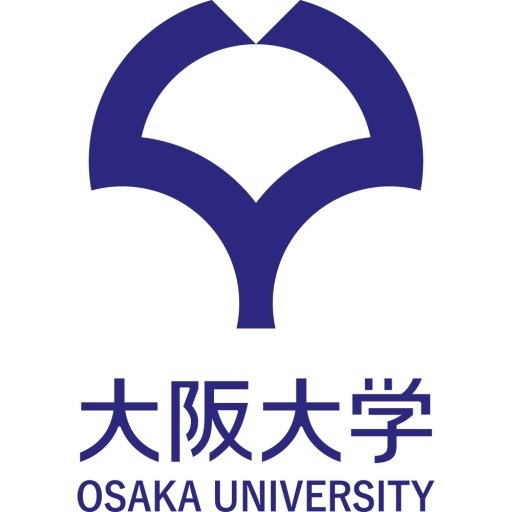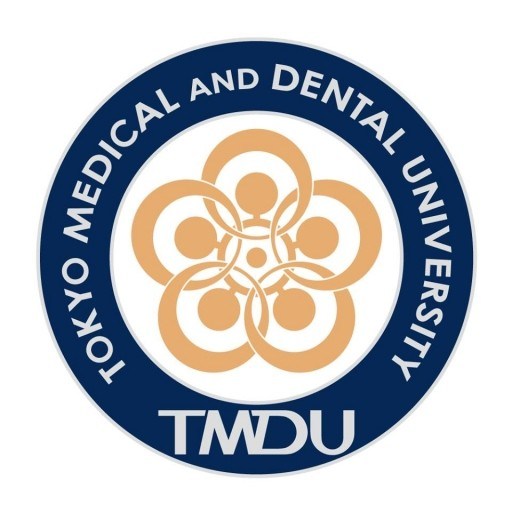Photos of university
Fostering Global Leaders in Veterinary Science for Contribution to One Health is a comprehensive graduate program offered by Hokkaido University, designed to cultivate expert veterinarians and researchers committed to addressing complex health challenges at the intersection of animal, human, and environmental health. This multidisciplinary curriculum provides students with advanced knowledge and skills in veterinary medicine, epidemiology, microbiology, and public health, emphasizing the importance of collaborative approaches to solving global health issues. Through a combination of rigorous coursework, hands-on training, and international collaboration, students gain a profound understanding of zoonotic diseases, antimicrobial resistance, and emerging infectious diseases that threaten both animals and humans worldwide. The program encourages critical thinking, research innovation, and leadership qualities essential for developing sustainable health solutions. Participants will have opportunities to engage in cutting-edge research projects, internships, and fieldwork, often in partnership with global health organizations and local communities. The core objective is to prepare graduates who can lead initiatives in disease prevention, health policy, and wildlife conservation, contributing significantly to the One Health approach—an integrated effort to achieve optimal health outcomes. Additionally, the program fosters cross-cultural communication skills and an understanding of diverse healthcare systems, enabling graduates to work effectively in international settings. With a strong emphasis on research excellence and real-world application, students will be equipped to tackle the urgent and complex health issues facing our interconnected world. Upon completion, graduates will be well-positioned to advance careers in academia, governmental agencies, non-governmental organizations, and the private sector, making meaningful contributions to global health security and veterinary sciences. This program exemplifies Hokkaido University’s commitment to fostering future leaders who can make impactful contributions to One Health initiatives worldwide.
First year
All first-year students take intensive basic subject classes in the Program for Leading Graduate Schools "Fostering Global Leaders in Veterinary Science" to help them acquire a broad academic knowledge base and a holistic viewpoint. Attendance at academic English classes is also compulsory to support the improvement of language skills for future work abroad.
Second year to forth year
1. Expert training courses (for the training of experts in chemical hazards and zoonotic disease control)
These courses consist of a core curriculum, practical epidemiology training/joint research abroad, and a period of overseas internship as outlined below. Students earning enough credits for course completion take a certification exam with essay and oral parts. Those passing the examination will be certified as experts in either chemical hazard or zoonotic disease control.
Core curriculum (taught in English)
The purpose of the curriculum is to provide students with the knowledge, skills and problem-solving techniques required of experts.
- Practical epidemiology training/joint research abroad. Students experience practical education and training and acquire a cosmopolitan outlook through epidemiological fieldwork in developing countries and joint research with institutions abroad.
- International internship program. Students pursue global career paths based on their experience of working at international organizations.
2. Course for advanced veterinary sciences
Students select subjects from among advanced lectures on veterinary medicine, life science or animal science based on their area of specialty. International/domestic internships are also compulsory as part of career path development.
- Application for admission
- Curriculum vitae
- Transcript
- Certification of (prospective) graduation
- Examination admission card
- Return envelope
- Examination fee. Use the attached payment slip to pay 30,000 yen into the bank account within the application period
- Examination fee receipt
- Documents for the applicant qualification screening
- A copy of resident card
- Research plan
- Career plan after graduation from the Graduate School
- Evaluation report from the expected supervisor
- Report on scientific and academic activities
- Two letters of recommendation
The Fostering Global Leaders in Veterinary Science for Contribution to One Health program at Hokkaido University offers a range of financing options to support international students in pursuing their advanced degrees. Tuition fees are structured to be competitive and reflect the high standards of education provided within the university. Generally, international students are required to pay tuition fees, which are detailed on the university’s official website, and these may vary depending on the specific program and year of enrollment. In addition to tuition, students should account for living expenses, including accommodation, food, insurance, transportation, and other personal costs, which can vary based on lifestyle and housing choices.
Hokkaido University provides several financial support opportunities for international students, including scholarships and fellowships aimed at encouraging talented students from around the world. These scholarships may be merit-based, need-based, or designated for specific regions or countries. For instance, the university offers the Hokkaido University International Student Scholarship, which provides partial or full tuition fee waivers to outstanding students demonstrating academic excellence and potential contribution to their field. Applicants are often evaluated based on academic records, research proposals, and motivation statements.
Furthermore, there are government-sponsored scholarships available through programs like the Japanese Government (MEXT) Scholarships, which are open to students from selected countries and cover tuition fees, a monthly stipend, and travel expenses. Some departments and faculty members may also offer research assistantships or teaching assistantships, providing students with part-time employment opportunities that supplement their income and contribute to their academic experience.
Students are encouraged to explore external funding options in their home countries, such as scholarships offered by government agencies, foundations, or international organizations dedicated to advancing veterinary sciences and global health initiatives. The university’s international office and the faculty’s administrative department provide guidance and support to help candidates identify suitable funding sources and complete application procedures.
Overall, the financial landscape for the Fostering Global Leaders in Veterinary Science program is designed to facilitate access to high-quality education through diverse funding mechanisms. Prospective students are advised to contact the university’s admissions office or review official scholarship information directly from Hokkaido University’s website for the most current and detailed financial support opportunities available for their studies in Veterinary Science and One Health.
The "Fostering Global Leaders in Veterinary Science for Contribution to One Health" program at Hokkaido University is a comprehensive graduate-level initiative designed to prepare students to address complex health issues that intersect human, animal, and environmental health sectors. Recognizing the critical importance of a collaborative approach—known as One Health—the program aims to cultivate professionals equipped with cutting-edge knowledge and practical skills in veterinary medicine, epidemiology, public health, and environmental sciences.
Students enrolled in this program are provided with opportunities to engage in multidisciplinary research projects that emphasize zoonotic diseases, antimicrobial resistance, animal welfare, and sustainable agriculture practices. The curriculum is structured to combine rigorous coursework with hands-on fieldwork, fostering an understanding of how animal health impacts human health and vice versa. The program encourages international collaboration, with partnerships established with various global health organizations and research institutions, enabling students to participate in joint research initiatives, conferences, and field studies both domestically and abroad.
Hokkaido University’s state-of-the-art facilities, including specialized laboratories and research farms, support practical learning and experimentation. The program also emphasizes leadership development, intercultural communication, and policy-making skills to prepare graduates to serve effectively in government agencies, international organizations, academia, and the private sector. Graduates of this program are expected to contribute significantly to global health challenges by implementing innovative solutions, conducting impactful research, and promoting integrated policies for health security.
Moreover, the program aligns with international health priorities such as the control of emerging infectious diseases and mechanisms to improve global readiness and response to pandemics. It aims to produce not only skilled veterinary scientists but also visionary leaders capable of influencing policy and fostering collaborations that advance the One Health agenda worldwide. Overall, the program exemplifies Hokkaido University’s commitment to addressing global health challenges through interdisciplinary education, research excellence, and strategic international partnerships.








